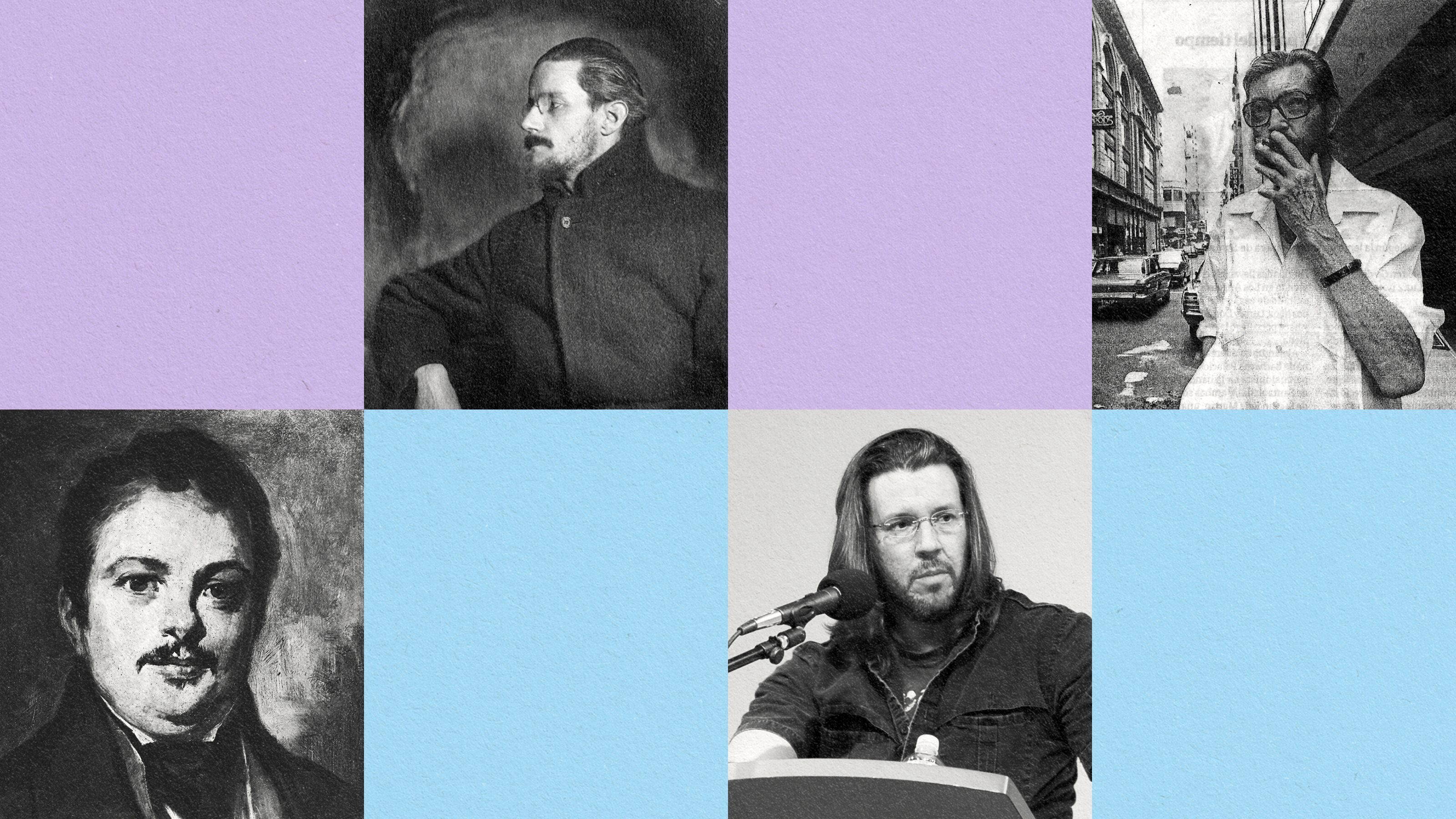Is Goldman A Good Metaphor?

“But ultimately, the world of high finance, [Stone] said, is just a backdrop for a film ‘about trust, love, greed betrayal.’” This is from Andrew Ross Sorkin’s Dealbook column in today’s New York Times, in which he describes a Four Seasons Grill Room lunch with filmmaker Oliver Stone, on the eve of the release of Stone’s Wall Street 2. But ultimately, isn’t any fictional “world” simply backdrop for stories—and often, in fact, of stories of trust, love, greed and betrayal? (At least, the best stories.) Stone is a storyteller, and even if the critics destroy his film, it is true that what interests this director most is character. And tragedy. Nixon, Kennedy, and now Goldman Sachs (thinly veiled in the film) are all characters in the Greek theatre version of Stone’s America, and he seems to clearly see the picture as tragic.
That villains make the sexiest heroes, that they obscure other characters with their charisma, is a literary critical cliché. The line of charismatic villains runs from ParadiseLostto Gordon Gekko, even as the inevitability of Gekko’s fame might not have been intentional, or obvious. It was Michael Douglas who made Gekko incandescent, and who might have made even an English major consider a career on Wall Street. Not for the money or the power, first and foremost, but for the drama. Everything in Gekko’s life was infused with the clarity of drama, and of arrogance, and that arrogance was infectious—and seductive.
The new film attempts to be more of an indictment of that arrogance, and seems conscious of not giving us another Gekko. Here, there are no heroes. There is limited optimism. There is ample chaos. And there is awkward metaphor. One firm in the film seems to be Goldman Sachs. But it is no Goldman Sachs. In the film, we see one face of a company, and we see a parody of wealth. But part of the lure and story of the real Goldman has been its cultural will to remain discrete. And discretion, perhaps more than any other value, lacks drama.
Goldman has been again in the news this week, with the Times—in elegant corollary to the Sorkin piece—examining the process of their famous partnership, and disclosing a fact that anyone who has worked there knows: partnership can be taken away. As can fame. Had Stone been able to weave this element of that firm’s culture into his metaphor, perhaps he might have taught us something.
Maybe Stone will give up tragedy for parody, at least if he returns to Wall Street. Because the events of the past years are best left to journalists and novelists to cover; the medium of film might not yet possess the critical tools to plumb the complexity of the crisis. Or, if it does, we have not yet sent that film. Because there is no easy villain in this, and the question of metaphor is complex. Who will write the Let the Great World Spin for the Great Recession?
When one looks closely at this version of the story, the “villain,” Goldman Sachs, was, yes, the most charismatic, but it was also a place where many bright, good-hearted people worked, and they lived through the stress along with the rest of us. The American financial system’s survival is not a zero-sum game. The bankers know this. Increasingly, the politicians know this. How and if written accounts of our recent crisis will best articulate this remains unclear.





